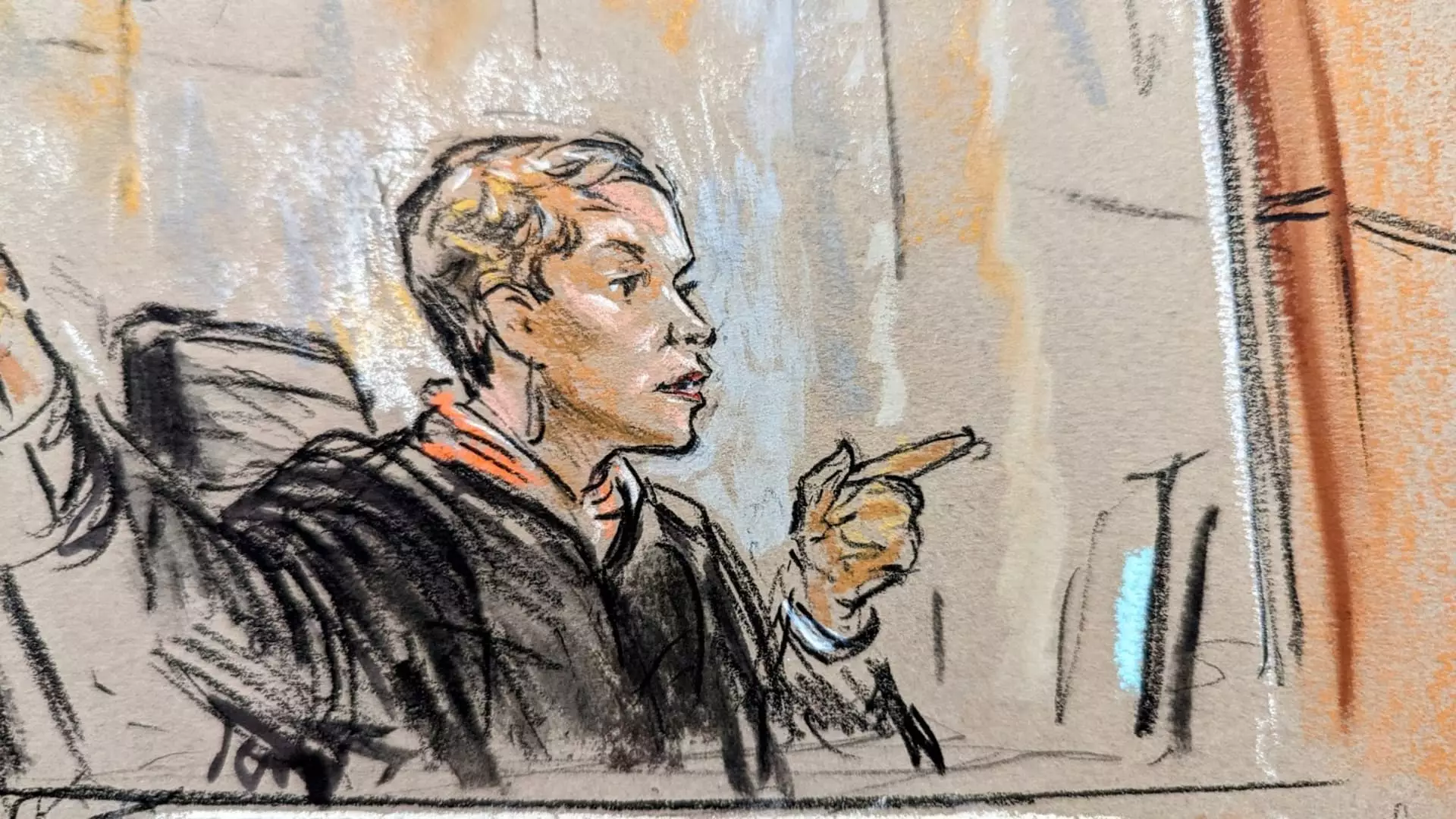On a recent episode of Dan Bongino’s podcast, former President Donald Trump aired his grievances against U.S. District Court Judge Tanya Chutkan, labeling her “the most evil person” following her decision to unseal nearly 1,900 pages of documents related to his ongoing criminal case concerning alleged election interference. This public outburst not only reflects Trump’s characteristic approach of attacking perceived adversaries but also raises pertinent questions about judicial independence and the intersection of law and politics, particularly as Trump campaigns for the presidency amidst significant legal challenges.
Trump’s assertion that Judge Chutkan’s decision was undertaken to sabotage his political chances is indicative of a broader strategy he has employed throughout his legal battles: framing judicial decisions as political maneuvers aimed at derailing his candidacy. Such claims, while part of his aggressive rhetoric, highlight the complexities involved when the judicial system interacts with high-profile political figures.
The documents, released at a crucial pre-election juncture, contain filings by Special Counsel Jack Smith pertaining to the charges against Trump. The timing raises questions about the implications of transparency in legal proceedings involving candidates. Judge Chutkan rejected Trump’s lawyers’ argument that the materials should remain sealed until after the November election, stating that withholding information could potentially constitute— or perceived as— election interference itself. This decision reflects a foundational principle of judicial transparency and public interest, which asserts that the electorate has a right to know pertinent information that may affect their decision-making.
Chutkan’s ruling underscores the ties between judicial processes and public perception, suggesting that preserving the integrity of the judicial process must take precedence over the political expediency desired by defendants like Trump. By addressing the potential repercussions of delayed disclosure, Chutkan forces the dialogue back to the responsibilities of the legal system, which operates independently of political tides.
Trump’s legal strategy appears to pivot primarily on dismissing the judicial process as politically motivated, a tactic evident in Judge Chutkan’s observations. She highlighted the reliance on “political rhetoric” rather than substantive legal arguments in defense filings, noting that such a stance is unproductive and undermines the seriousness of the case. This characterization poses serious concerns about the quality of legal representation being provided and the efficacy of their arguments.
Essentially, Trump’s lawyers are faced with a challenging duality: they must navigate a legal landscape that demands strict adherence to the rule of law while managing the very public narrative of Trump’s election campaign. The judge’s admonishment of the defense suggests a need for reform in how defense teams approach high-stakes cases, particularly those involving figures who are simultaneously engaging with the media and political arenas.
The interaction between Trump’s comments and the role of the judiciary raises critical questions about the broader implications for democracy. The unsealed documents relating to Trump’s charges, as noted by Judge Chutkan, serve not merely as evidence in a courtroom but as material that could inform public understanding as elections approach. This intertwining of law and politics means that electoral implications cannot be easily severed from judicial actions.
Trump’s labeling of Smith as “a sick puppy” and casting aspersions on the integrity of the judicial system reflects not just personal animosity, but a tactic aimed at galvanizing his supporters by portraying judges and prosecutors as politically motivated adversaries. However, these tactics disrupt the notion of accountability—both legally and ethically. Chutkan’s decisions and their timing highlight the necessity for a judiciary that functions independently yet remains cognizant of its societal impact.
Ultimately, the clash between Trump and Judge Chutkan epitomizes a broader struggle where politics and law intersect, drawing a line between legitimate legal processes and allegations of political interference. As the electoral landscape evolves, the real challenge lies in maintaining the integrity of the judicial system while offering transparency and accountability in a democracy riddled with politically charged narratives. The evolution of this case will certainly provide insights into how the legal system handles figures who feel immune to scrutiny due to their political stature, a vital inquiry for ensuring justice and democratic integrity in a polarized environment.


Leave a Reply